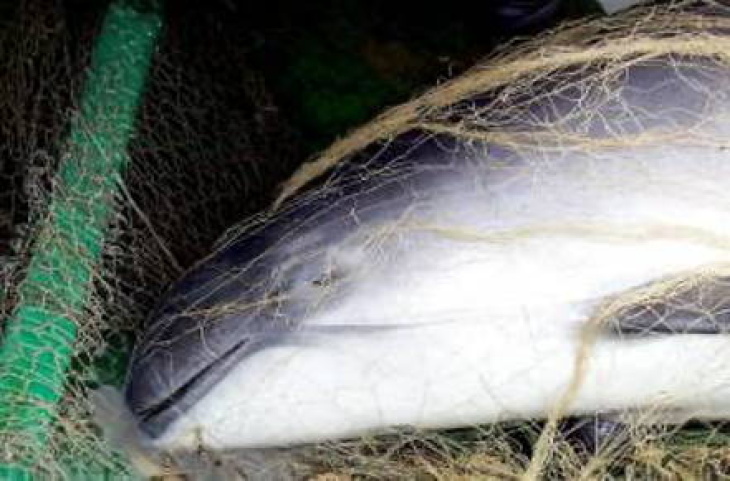Assessment of Cetacean Abundance and Distribution
Marine mammals are an important component of marine biodiversity and key indicators of environmental status, such as food web integrity. As part of the OSPAR Quality Status Report 2023, an assessment of cetacean abundance and distribution was developed together with France and the Netherlands, with contributors from all OSPAR contracting parties. This assessment evaluated the status of 11 cetacean species/species groups.
CoastalFutures has contributed by developing species distribution models that relate the density of species to features of their habitat to produce maps of predicted density distribution in the North-East Atlantic Ocean. As a result, the quantitative and qualitative assessments have revealed that many species and populations are not in good status. Moreover, limited improvement has been observed compared with previous assessments. Marine mammals are subject to significant pressure from both natural impacts and human activity. Many pressures still occur on a wide scale today, such as incidental by-catch in fisheries, or are even increasing, such as noise and hazardous substances, habitat loss or degradation of habitat.

The OSPAR Quality Status Report is produced every 10 years, with intermediate assessments every 5-7 years, and aims to assess the environmental status of the North-East Atlantic against the objectives of the North-East Atlantic Environmental Strategy 2010-2020 (NEAES 2020) and identify actions to achieve a clean, healthy and biologically diverse North-East Atlantic Ocean, which is productive, use sustainably and resilient to climate change and ocean acidification.
